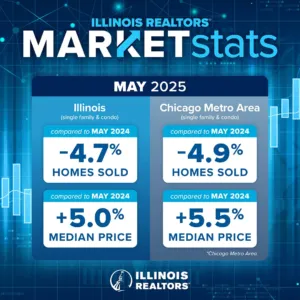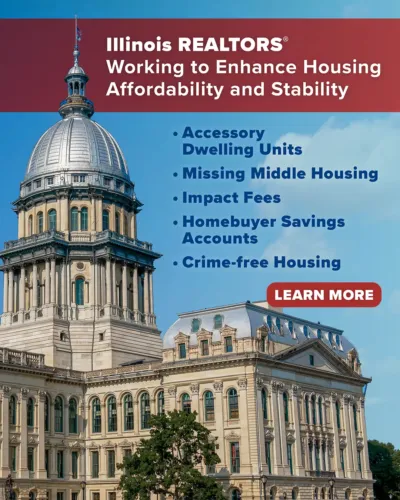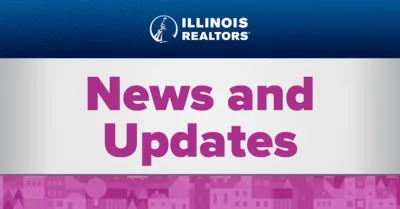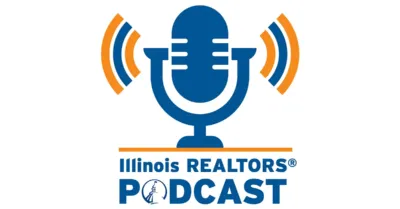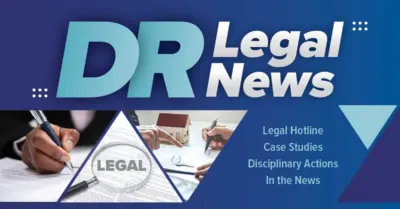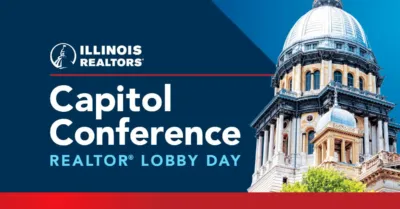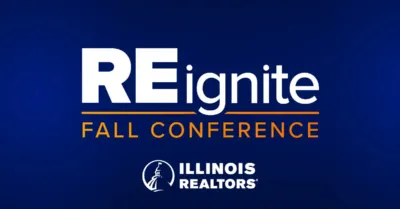Unauthorized Access ≈ Trespass
When does a REALTOR® have proper authority to enter a listed property? That is the question.
Refresh your legal knowledge on these definitions and citations:
The preceding definitions and excerpts of authoritative statutes and code sections apply when there is a question about whether a REALTOR® has accessed a listed property without proper permissions from the owner/seller, property manager and/or the listing broker (in the case of listed properties). In other words, entry into properties (even listed ones) that happen on conditions other than those established by the owners and owners’ authorized agents constitute unauthorized access. Not only could transgressions like these be violations of the REALTOR® Code of Ethics, but they also could be crimes should the owners press charges.
Folks, this is a big deal!
Diligent designated managing brokers (which are likely the choir reading this sermon) make sure there are written office policies and procedures in place for sponsored licensees to follow when showing properties or attending other appointments that require entry into someone’s home/property. Just because a property is listed for sale or rent does not mean that real estate brokers have carte blanche permission to enter at any time.
This might seem like common sense, but alas, unauthorized access complaints were the No.1 subject complained of in 2021 through the Illinois REALTORS®’ Ethics Citation Program. Twenty-nine citations were issued for unauthorized access which come with a $2,500 fine. The size of the fine for an initial transgression is substantial due to the seriousness of the infraction. This is an expensive “ticket.”
Perhaps it is helpful to clarify a few points and bust a few myths in the process. Keep in mind that just because a property is listed, lockbox entry is not permitted for anyone with a code to use 24/7. Yes, this is an absurd statement. But the Illinois Professional Standards Administration Team has addressed some shocking fact situations involving unauthorized access.
For listing agents, it is helpful to get clear (and lawful) instructions from the owner client. Will owner allow showings at almost any time if the property is vacant, and after the appointment making procedure is followed? If not, what is the permitted window? Will owner permit an inspector or appraiser (who might also have an access code) to gain entry without a broker present? Will the owner allow another designated agent(s) from either the listing company or the buyer broker’s company to access the property with a scheduled appointment? What are the owner’s preferred hours for showings and/or appointments?
These, and other relevant questions must be asked and answered before gaining access to a listed property for showing or any other valid reason.
It’s a great idea to review the governing language or rules addressing key access, code access and lockbox use. Generally, codes are specific to the authorized user and are not transferrable. Giving someone’s code to another is prohibited.
Consider this list of scenarios that could all constitute unauthorized access where a REALTOR® enters a property (Inspired by actual events):
- Providing a lockbox key or access code to any third party that is not the person to whom the key or access code is issued
- Providing access to property to an unaccompanied client (broker waiting in the car, broker leaving the client at the property to attend broker’s next appointment)
- Providing access to the property without a confirmed appointment (broker called and left a message with listing broker but had not gotten confirmation of consent)
- Providing access to vacant property with no appointment or authority at all
- Accessing property outside the confirmed appointment window (get new permission if appointment window is missed)
- Providing access to others, i.e., inspector or appraiser without buyer broker’s presence, unless this is authorized by the owner and/or the listing agent
- Gaining access by using a “substitute” agent without specific authority to send a sub, either on the seller’s side or the buyer’s side
(Thanks to Illinois REALTORS®’ Professional Standards Unauthorized Task Force for the examples)
Each of the enumerated situations could, without proper permission from the owner, property manager or listing agent (with owner’s lawful direction), constitute unauthorized access under the REALTOR® Code of Ethics. These could also be instances of criminal trespass to property should an owner press charges.
The following are best practices for avoiding charges of unauthorized access:
- Establish clear office policies/procedures for appointment setting. Make diligent use of available tools like ShowingTime or similar services provided by the MLS.
- Conduct regular training on appointment setting and lockbox processes/uses for new agents and review with seasoned agents.
- Listing brokers might have a list of permissions for direction by the owner.
- Hours permitted for showings
- Prior notice required
- Confirmation of times
- Confirmation whether buyer broker must accompany service providers who might need access to listed property, i.e., inspectors and appraisers
- If late, what is owner’s requirement for renewing requested approval?
- Assure owner that brokers will be instructed to accompany their buyer clients for showings at all times (subject to safety protocols like staying near exits and not getting “boxed” in)
The bottom line: Always be sure the showing broker has proof of proper permission for the appointment time frame; the approved number of attendees; and any special (and lawful) instructions from owner, i.e., wearing a mask or shoe coverings while inside the property. Don’t vary from those and always be consistent about following any lawful protocols with all clients and visitors to properties. If in doubt, double-check with the owner if you are the listing broker and double-check with the listing broker if you are the buyer broker.
About the writer: Elizabeth A. (Betsy) Urbance, General Counsel and Vice President of Legal Services has served the association’s members as General Counsel since 2018 and prior to that she was Legal Hotline Attorney since 1994. Urbance is a 1984 graduate of Western Illinois University and received her law degree from the University of Missouri School of Law in 1987. She is licensed in both Illinois and Missouri.


